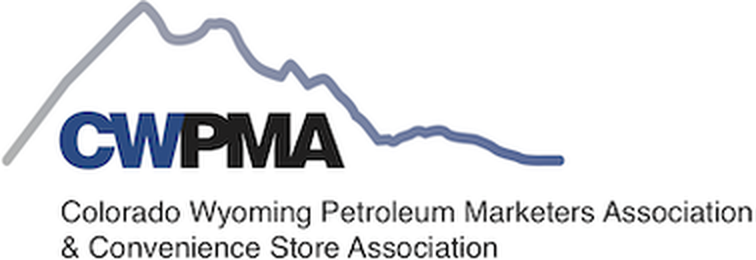SBLC Webinar on Federal Efforts to Ban or Limit the Use of Employee Non-Compete Agreements
The Small Business Legislative Counsel (SBLC) will host a webinar on Thursday, March 2 at 1:00pm EST. In this webinar, SBLC Strategic Policy Director and Paley Rothman employment law attorney Jessica Summers will discuss recent state and federal efforts to ban or limit the use of employee non-compete agreements and other restrictive covenants, what businesses should consider before entering these types of agreements with their employees and how small businesses can continue to protect their interest and information in light of the growing push back against non-competes.
This live webinar will be open to all EMA state associations and its members, free of charge. When registering, please tell your members to type “EMA” at the bottom of the registration page when asked: What association invited you? After registering, you will receive a confirmation e-mail containing information about joining the webinar.
Space is limited and available on a first come first serve basis, but we will be recording the webinar and a copy will be made available to any overflow registrants.
CLICK HERE TO REGISTER NOW!
DOL Issues Guidance on Teleworking Breaks
The Department of Labor’s Wage and Hour Division earlier this month issued a field assistance bulletin (FAB) addressing “Telework Under the Fair Labor Standards Act and Family and Medical Leave Act.” The FAB does not have the force of law; however, it may be relied upon by courts that find it persuasive.
The FAB addresses the following issues relating to teleworking employees:
- At-home breaks. The Fair Labor Standards Act (FLSA) requires covered employers to pay nonexempt employees for all hours worked, including work performed in their home or otherwise away from the employer’s premises or job site. When it comes to breaks taken during the workday, the FLSA says that short breaks of 20 minutes or less are generally counted as compensable hours worked. The FAB explains that this principle applies regardless of an employee’s work location. However, breaks that are 20 minutes or more during which employees are completely relieved of their duties, as well meal breaks of 30 minutes or more, are not counted as hours worked when teleworking.
- Nursing employees. The FAB says that the FLSA’s requirements that covered employees be provided with a “reasonable break time” and place (other than a bathroom) to express breast milk also applies when the employee is working remotely from home or another worksite. The FAB adds that employers are not required to compensate employees for breaks taken to express milk, unless the employer generally provides compensated breaks.
- Family and Medical Leave Act (FMLA). For FMLA eligibility purposes, an employee must be employed at a worksite where 50 or more employees are employed by the employer within 75 miles of that worksite. Under the FMLA, an employee’s personal residence is not considered a worksite. The FAB explains that, when an employee works from home or other remote location, their worksite for FMLA eligibility purposes is the office to which they report or from which their assignments are made.
Based on the above, the FAB does not change employers’ obligations under the FLSA to compensate employees for all hours worked, including all remotely performed work. The failure to abide by these obligations can result in significant damages, including unpaid wages, liquidated damages, and attorneys’ fees.
A takeaway from the FAB is that employers need to exercise reasonable diligence to track teleworkers’ work hours. Employers should provide employees with a procedure to report hours worked, including those that were not scheduled or those that were worked during “off hours.”
